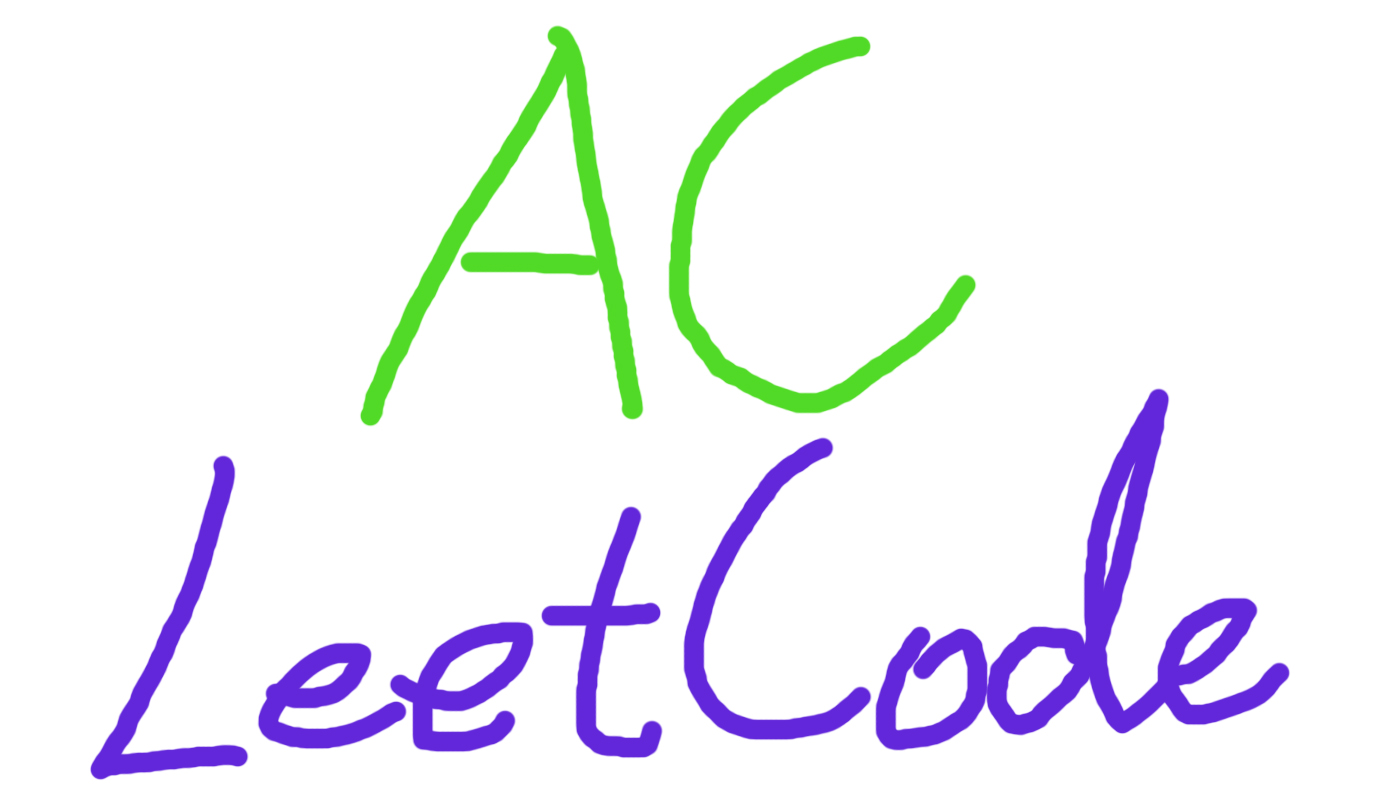
Description
Given two arrays, write a function to compute their intersection.
Example
Example 1:1
2Input: nums1 = [1,2,2,1], nums2 = [2,2]
Output: [2,2]
Example 2:1
2Input: nums1 = [4,9,5], nums2 = [9,4,9,8,4]
Output: [4,9]
Note:
- Each element in the result should appear as many times as it shows in both arrays.
The result can be in any order.
Follow up:What if the given array is already sorted? How would you optimize your algorithm?
- What if nums1’s size is small compared to nums2’s size? Which algorithm is better?
- What if elements of nums2 are stored on disk, and the memory is limited such that you cannot load all elements into the memory at once?
Solution
- Time Complexity:
- Space Complexity:
1 | class Solution { |
Follow up
- Two pointer iteration.
- Let’s say nums1 is K size. Then we should do binary search for every element in nums1. Each lookup is O(log N), and if we do K times, we have O(K log N). If K this is small enough, O(K log N) < O(max(N, M)). Otherwise, we have to use the previous two pointers method.
- External Merge-Sort / MapReduced?